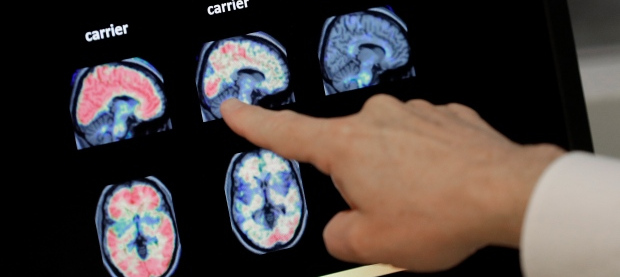


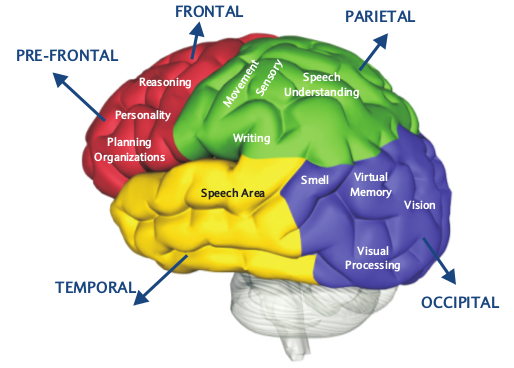
Alzheimer's Disease What Is Alzheimer's Disease? Alzheimer’s disease is a brain disease that slowly destroys memory and thinking skills and, eventually, the ability to carry out th...View Article

Anyone can develop epilepsy. About 2.3 million adults and more than 450,000 children and adolescents in the United States currently live with epilepsy. Each year, an estimated 150,000 peopl...View Article
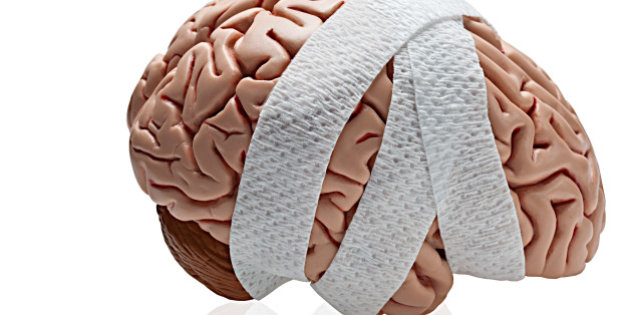
A TBI is caused by a bump, blow, or jolt to the head that disrupts the normal function of the brain. Not all blows or jolts to the head result in a TBI. The severity of a TBI may range from “mil...View Article
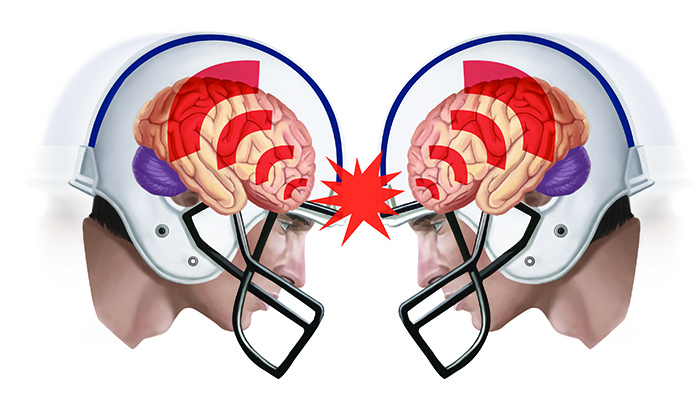
Although concussions are considered to be a mild brain injury, they need to be taken seriously. They should not be treated as minor injuries that quickly resolve,” says Dr. Beth Ansel, an expert...View Article
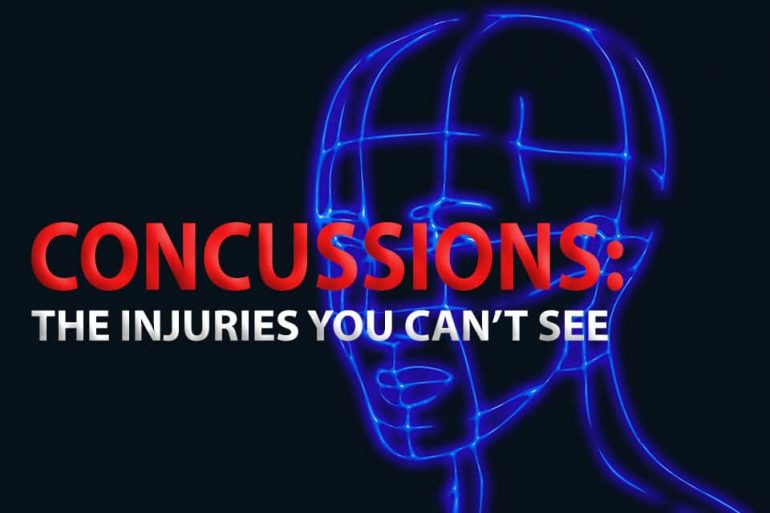
Although concussions are considered to be a mild brain injury, they need to be taken seriously. They should not be treated as minor injuries that quickly resolve,” says Dr. Beth Ansel, an expert...View Article
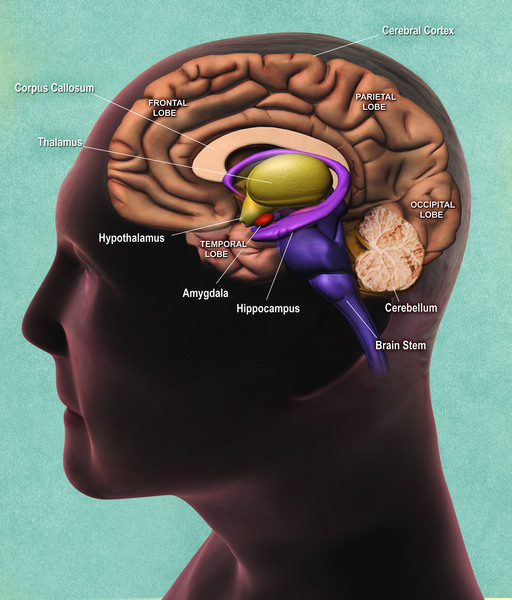
Narcolepsy is a lifelong problem, but it does not usually worsen as the person ages. Symptoms can partially improve over time, but they will never disappear completely. The most typical sy...View Article
Brain Disorders Types Risk factors Diagnosis Outlook What are brain disorders? Your brain is your body’s control cent...View Article
Brain Disorders Types Risk factors Diagnosis Outlook What are brain disorders? Your brain is your body’s control cent...View Article
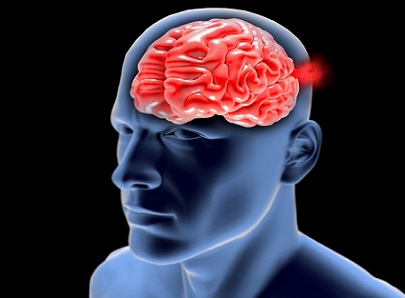
What Is an Aneurysm? An aneurysm (AN-u-rism) is a balloon-like bulge in an artery. Arteries are blood vessels that carry oxygen-rich blood to your body. Arteries have thick walls t...View Article
Common Neurological Disorders ALS Alzheimer’s disease Back pain Bell's palsy Birth defects of the brain and spinal cord Brain aneurysm ...View Article
Amyotrophic Lateral Sclerosis (ALS) Fact Sheet What is amyotrophic lateral sclerosis? Who gets ALS? What are the symptoms? How...View Article
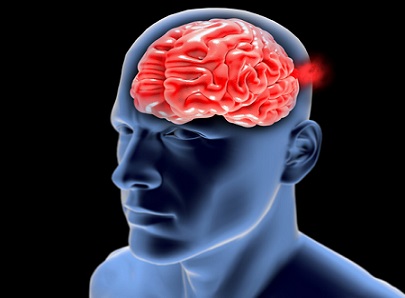
Cerebral Aneurysm What is a cerebral aneurysm? A cerebral aneurysm (also called an intracranial aneurysm or brain aneurysm) is a bulging, weakened area in the wall of an ar...View Article
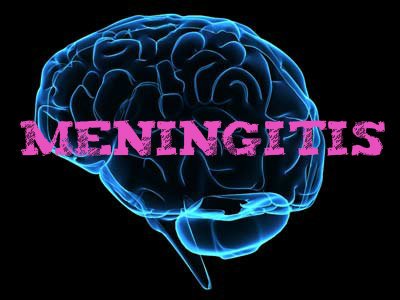
Infectious causes of meningitis and encephalitis include bacteria, viruses, fungi, and parasites. For some individuals, environmental exposure (such as a parasite), recent travel, or an immunocompromi...View Article
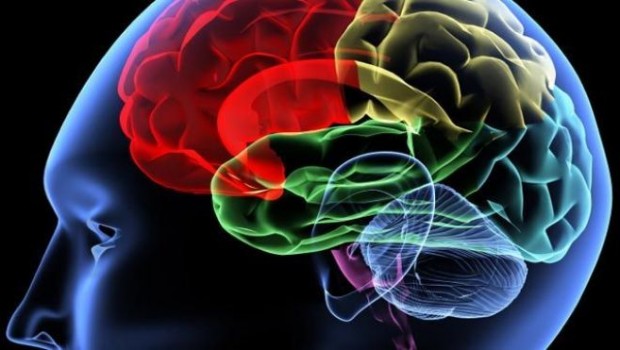
Infectious causes of meningitis and encephalitis include bacteria, viruses, fungi, and parasites. For some individuals, environmental exposure (such as a parasite), recent travel, or an immunocompromi...View Article

Age-Related Memory Loss: What’s Normal, What’s Not, and When to Seek Help We’ve all misplaced keys, blanked on someone’s name, or forgotten a phone number. When we&...View Article
Kennedy's Disease Kennedy's Disease Information Page Synonym(s): Bulbospinal Muscular Atrophy, X-Linked Spinal and Bulbar Muscular Atrophy Table o...View Article
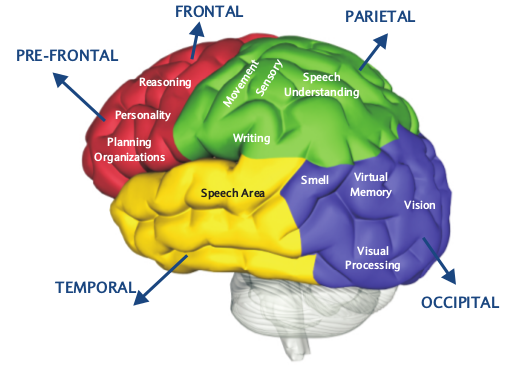
Alzheimer's disease is an irreversible, progressive brain disease. It is characterized by the development of amyloid plaques and neurofibrillary, or tau, tangles; the loss of connections between n...View Article
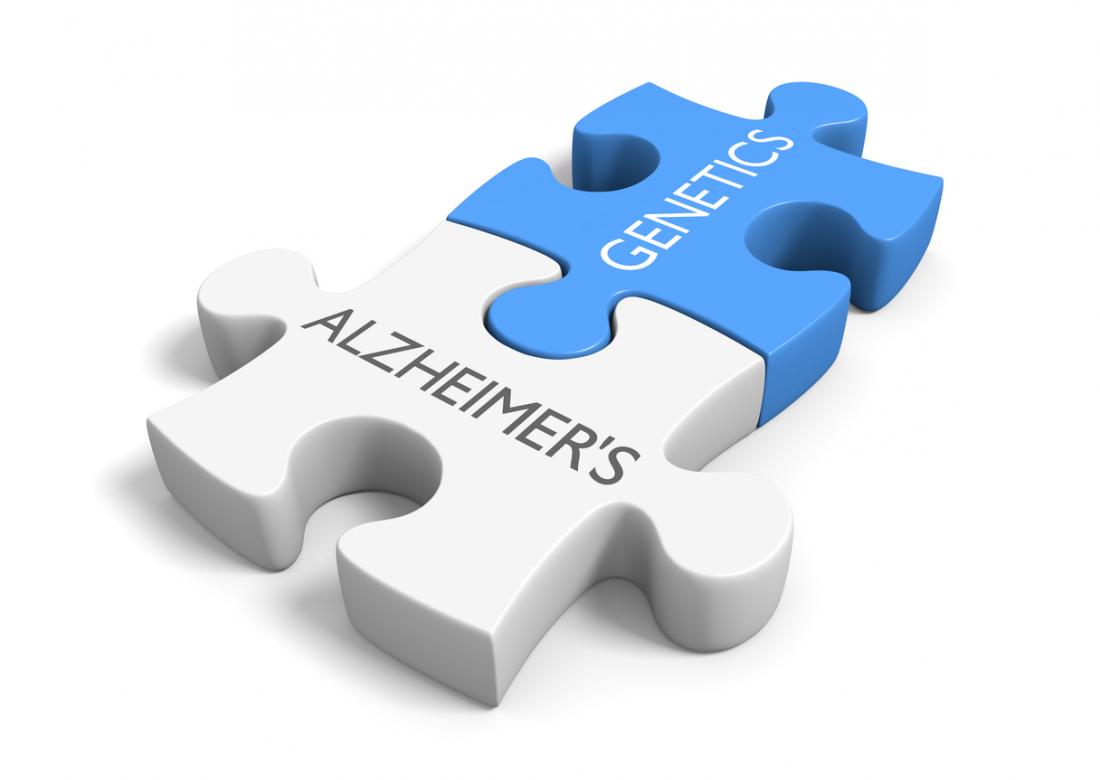
A family health history can show patterns of disease and risk factors. Try to include health facts about three generations—grandparents, parents, and children. People can&r...View Article
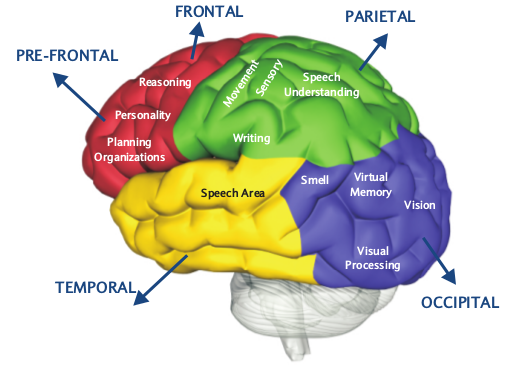
The brain typically shrinks to some degree in healthy aging but, surprisingly, does not lose neurons in large numbers. In Alzheimer’s disease, however, damage is widespread, as many neurons stop...View Article
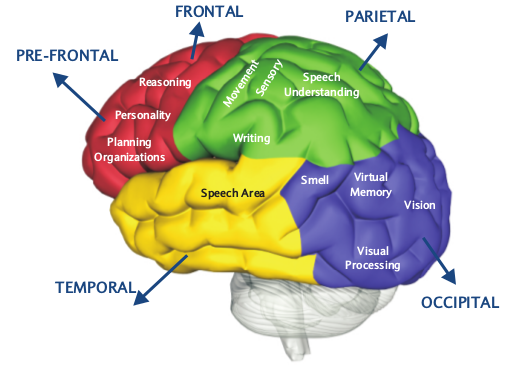
Scientists are working hard to understand why some people with Down syndrome develop dementia while others do not. They want to know how Alzheimer’s disease begins and progresses, so they can de...View Article
This section lists a combination of Approved Medications, suggested treatment sites, and commonly used remedies for diseases and health conditions. It also contains sponsored FDA approved drugs. MediNette is not responsible for the content of any of these external websites including those of our sponsors. Information about medications, remedies, and therapies on websites that are linked from MediNette is for educational purposes only, and to help users understand their diagnosis and medications, and therefore neither constitutes definitive treatment option nor provides complete information for any individual to make a treatment decision. MediNette strongly encourage users and patients to desist from self-diagnosing and self-medication. Only qualified physicians and health professionals are capable of making diagnosis and treatment decisions. Always talk to your doctor first about your condition and medication choices.
This section lists a combination of Approved Medications, suggested treatment sites, and commonly used remedies for diseases and health conditions. It also contains sponsored FDA approved drugs. MediNette is not responsible for the content of any of these external websites including those of our sponsors. Information about medications, remedies, and therapies on websites that are linked from MediNette is for educational purposes only, and to help users understand their diagnosis and medications, and therefore neither constitutes definitive treatment option nor provides complete information for any individual to make a treatment decision. MediNette strongly encourages users and patients to desist from self-diagnosing and self-medication. Only qualified physicians and health professionals are capable of making diagnosis and treatment decisions. Always talk to your doctor first about your condition and medication choices.
Users must know that MediNette does not recommend or endorse any drugs, treatment, or therapies and therefore the use of the term "medication", "remedy/ remedies", "therapy", or "treatment/ treatments" must not be construed as an approval, recommendation, or endorsement. MediNette does not endorse organizations and companies that sponsor linked external or internal websites and has no control over the currency, accuracy, relevance, and completeness of the content of linked external or internal websites. Similarly, MediNette has no control over the privacy and security policies of linked external websites (sponsors' and non-sponsors' websites), and does not guarantee their compliance with accessibility requirements of the Rehabilitation Act.
MediNette strongly encourages users and patients to desist from self-diagnosing and self-medication.